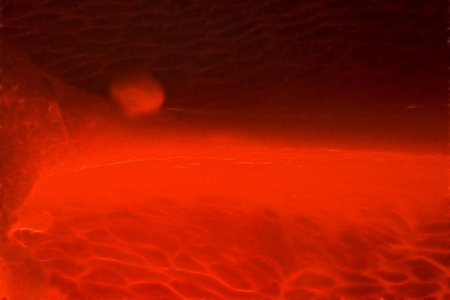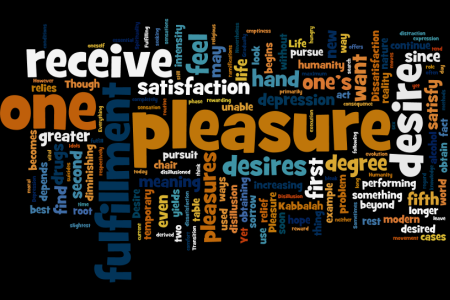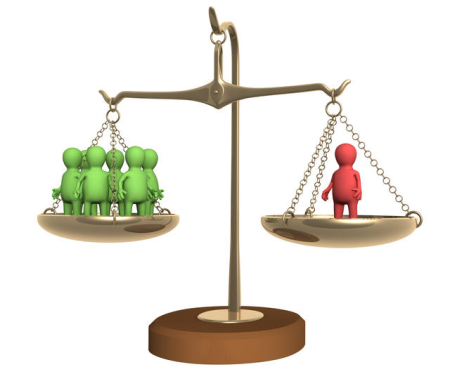
If the Creator Is Good, then Why Is There Suffering?
The wisdom of Kabbalah is like a “users guide to reality.”It gives people the tools to learn, understand and use what is around them, whatever happens to them.
One of the topics that people find most difficult to accept is human suffering. On the one hand, suffering motivates people to search for spirituality. On the other hand, it is very hard to accept suffering.
This is indeed a question that troubles everyone. On the one hand, we are speaking of a benevolent Upper Force, but if it is “Upper,” it means it is better than us. Yet our world is filled with anguish and torment. Do anguish and torment also come from this Force? Is there more than one Force, and if so, are they at war with each other?
Reality is made of our desire to enjoy and the pleasure that motivates this desire to operate. These are the only two components on all levels of reality—the pleasure and the desire to receive pleasure. In Kabbalistic terms we call them “the Light and the Kli (vessel).”
When pleasure is absent, it creates a sensation of a desire to enjoy. But sometimes the deficiency of pleasure is so intense that it creates a sensation of suffering. Because everything is made of a certain measure and quality of a desire to receive pleasure, everything also suffers when it is absent—minerals, plants, animals, and people.
In fact, suffering is a necessary sensation that impels a creature to leave its present state and move on to the next. Without suffering, there is no motion. In fact, motion means that my present state is unsatisfactory, so I decide that I will be better off in a different state. Suffering enables us to make the necessary effort to move toward a situation that seems better. Hence, without suffering, progress is impossible.
The Upper Force has no other way of promoting us to better states except through suffering. If it created us as egoists with a desire to indulge in pleasure, then the only way it can move us from one state to the next is through a sensation of suffering.
Why Human Suffering Is Increasing
However, we still need to explain why there is so much more suffering today than before. The purpose of Creation is for humankind to reach the highest degree in reality.
The only way to approach that goal is with an immense drive to reach it, or phrased differently—from the greatest suffering. This does not necessarily relate to physical suffering. We seemingly have everything today, yet we feel that something is missing, and that sensation of absence is the greatest degree of suffering.
Continue reading “The Real Reason Behind the Increase of Suffering In Our World Today”





